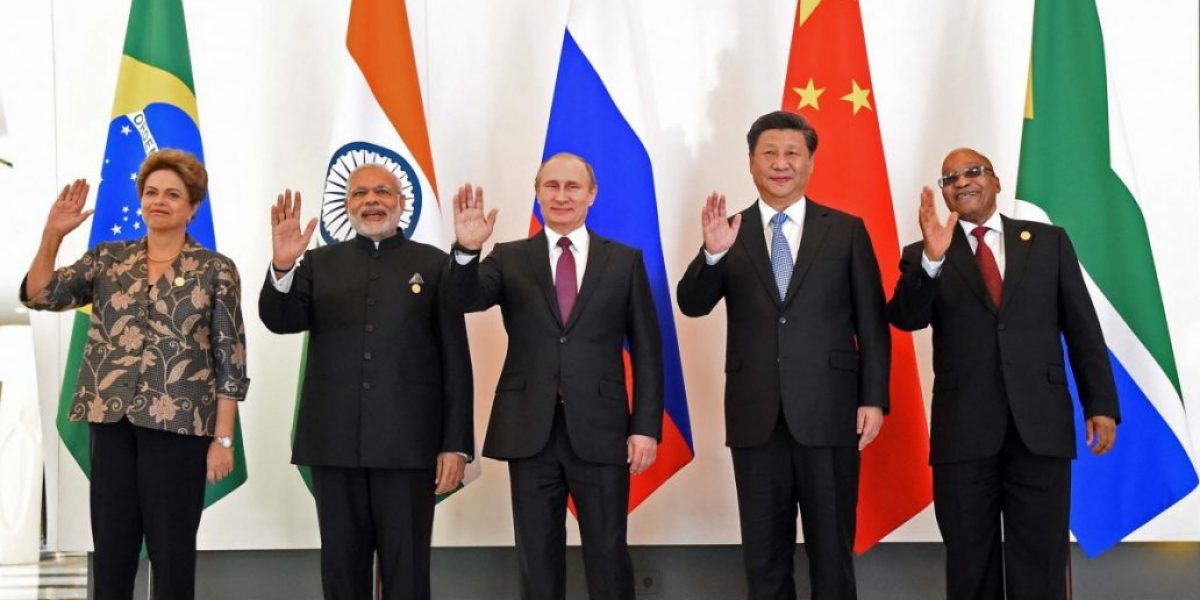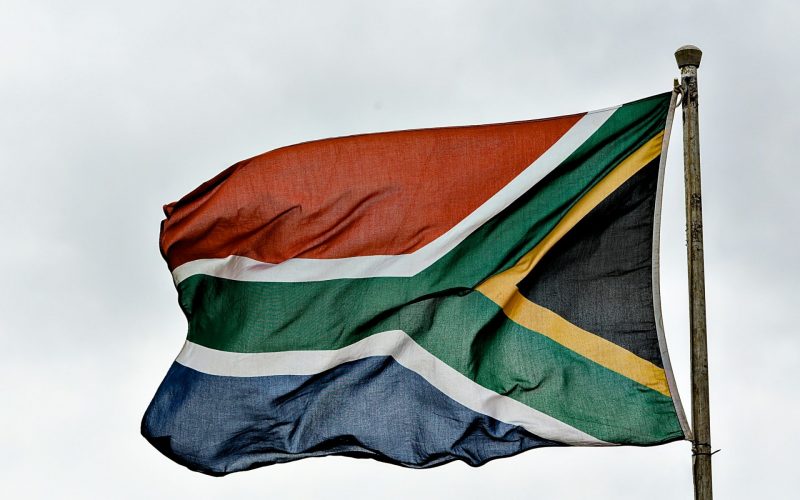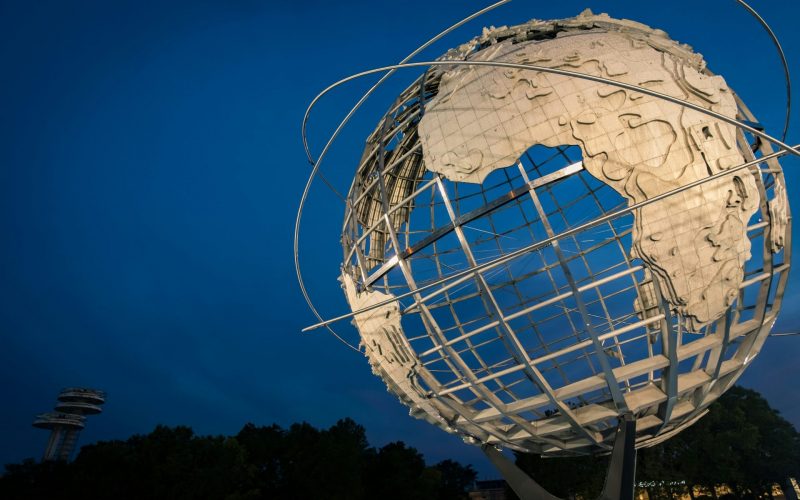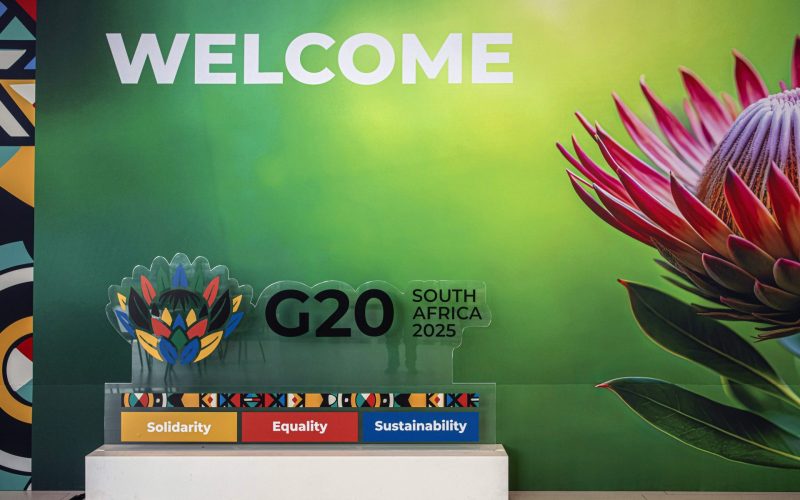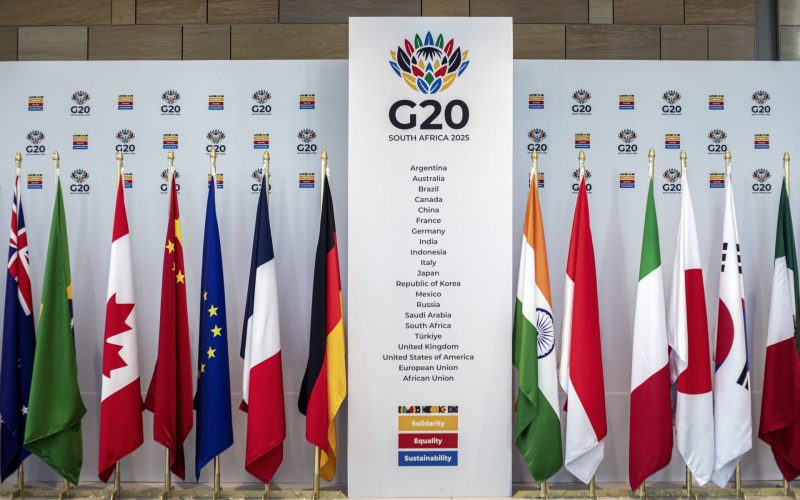This grouping is made up countries considered economically significant – Brazil, Russia, India and China – and who view themselves as an emerging centre of gravity in the global economy.
The BRIC Forum was founded in Yekaterinburg, Russia in June 2009 as a platform to share views on how to respond to the challenges and opportunities presented by globalisation. South Africa then was not happy with the fact that it was not invited in the BRIC deliberations given its political clout in the global governance processes and the fact that it is a vocal champion of the interests of developing countries. South Africa has since sought to gain recognition as part of the BRIC formation.
The BRIC concept was coined by Jim O’Neill of Goldman Sachs in 2003 to identify countries that had fastest growing economies, with bulging middle classes and promising markets and were likely to overtake the G7 (the US, the United Kingdom, France, Italy, Canada, Germany and Japan) as best performing economies by 2040.
O’Neill did not imagine that this will be institutionalised into a Forum. The irony is that countries that present themselves as standard bearers of a counter-narrative quickly appropriated a concept developed by a Western capitalist institution.
Soon after imagining the BRIC, Goldman Sachs identified another set of countries making important strides and are future successes to be watched. It characterised these as the next 11 (N-11), counting Korea, Turkey, Mexico, Indonesia, Iran, Pakistan, the Philippines, Egypt, Nigeria, Bangladesh and Vietnam. Again these were selected based on the strength of their economies. South Africa does not feature in both the BRIC and the N11.
Large populations, high GDP per capita, homegrown companies that are world-class and globally competitive, and strong government-business relations are features that mark the BRIC countries.
As Antoine van Agtmael (the progenitor of the concept ‘Emerging Markets)’, points out in his book of the same title, the significance of the BRIC economies is evident in the fact that the top 10 companies by market capitalisation in the emerging markets are located in the BRIC. These world class companies include Gazprom, Lukoil and Surgutneftgaz (Russia); China Mobile and China Construction Bank (China); Petrobas and Vale d Rio Doce(Brazil); and Oil and National Gas Corp (India).
South Africa not only has a comparatively smaller economy and limited market, it also lacks national commercial champions that command the same gravitas. It has its own strengths that do not lie in hard infrastructure, but on a normatively grounded and progressive foreign policy underscored by: a commitment to tackling global issues like climate change; poverty and underdevelopment; conformity to international law and adherence to international legal obligations; and consistency and coherence both in the region and abroad, especially on issues related to human rights and commitment to multilateralism.
Further, South Africa was one of the pioneers of a like-minded group of countries that include India and Brazil, called IBSA. This group also met in Brazil last week and shares South Africa’s normative commitments, in particular strengthening multilateralism, the reform of the United Nations Security Council and the Bretton Woods Institutions, democracy and a people-centred approach, human rights and sustainable development.
These are pillars enshrined in various declarations of IBSA. Importantly, grounding their identity on these values, these countries seek to augment their collective bargaining capacity vis-à-vis developed countries in the global system. And they aim at giving strong effect to a multi-polar world that should be characterised by a plurality of voices and diffused authority as opposed to the one centred on the parochial interests of US, the EU and Japan.
In contrast to IBSA, the BRIC Forum is not grounded on any set of values but on mercantilist interests, in particular to pursue commercial interests in the resources sector in Africa without doing much beneficiation or ensuring industrialisation. BRIC is made up of countries that are so diverse in philosophic outlook that it does not make sense for this group to exist in a structured form.
The core thrust of the BRIC Forum is to enjoy the privileges previously enjoyed by the countries of the North. Not surprisingly, the BRIC Forum projects itself as an exclusive club, something that may likely entrench the differences between itself and the poorer developing countries.
This raises some critical questions: why would South Africa seek to participate in such a group, and risk diluting its normative character and the unique role it plays as a bridge-builder between the North and the South? Will it be able to endure the resource overstretch resulting from participation in yet another grouping? And could this possibly signal the beginning of the end for IBSA, as narrow commercial interests subvert normative considerations?
While the benefits for South Africa may seem to lie in peer recognition as part of the economically influential group of the BRIC – thereby righting the ‘injustice’ committed by Goldman Sachs’s Jim O’Neill in excluding it from a list of important countries – it simply did not need this recognition given its own unique profile in global governance structures, and the respect it continues to command in the capitals of the world.

